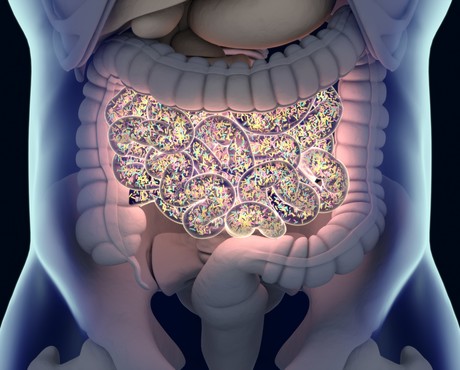Microbiome research to aid malnourished children

Science and technology company Merck has announced a collaboration with Washington University in St. Louis that could lead to the optimising of nutritional supplements to restore a healthy gut microbiome.
The two-year collaboration will employ Merck’s CRISPR genome-editing technology in research studies by Dr Jeffrey Gordon of Washington University School of Medicine. The research aims to determine the differences between gut bacterial communities in healthy and malnourished children, and to identify what features of healthy intestinal bacteria are critical for supporting healthy growth. From there, nutritional approaches to restore a normal microbiome can be developed and optimised, as nutritional interventions to date have failed to solve the problem.
“Development of the gut microbiome is disrupted in severely malnourished children, leaving them with immature communities compared with healthy children,” said Udit Batra, CEO of Life Science at Merck. “Our collaboration with the leading expert in the study of the human microbiome, Dr Jeffrey Gordon, will focus on how to repair and reconstitute a normal microbiome in malnourished children. Using our foundational genome-editing technology, we will continue to form collaborations with the global scientific community to explore how to develop exciting new treatments for many diseases.”
CRISPR-based genomic scissors have unveiled new possibilities in medicine and biotechnology. Similar to a word processing program that finds, deletes and replaces words or letters, these CRISPR RNA-protein complexes search for certain DNA sequences in a cell, cut them and allow the cell to paste in new DNA information. Merck, together with Dr Gordon’s group, will use its CRISPR genome scissors in this collaboration to modify the sequence of DNA in microbes cultured from human gut microbiome samples. The results will help the researchers obtain essential information about the microbes’ functions and nutritional needs.
“Our shared goal is to apply gene-editing technology to further understand the mechanisms by which beneficial human gut microbes promote healthy growth in children,” said Dr Gordon. “By marrying this technology with our preclinical models, we can decipher how gut microbes become established in the developing gut, what nutrients are necessary to sustain those microbes and how gut microbial communities influence muscle and bone growth, maturation of our immune systems and metabolic health.
“Results obtained from this collaboration should aid our ongoing efforts to devise new, safe and culturally acceptable ways to repair the developing gut communities in malnourished children or children at risk of malnutrition. This knowledge will facilitate development of new types of microbiota-directed foods, composed of naturally occurring ingredients, that increase the representation and beneficial functions of naturally occurring bacterial strains in the immature gut communities of these children.”
AusBiotech and Proto Axiom partner on investor-focused life sciences programs
AusBiotech and Proto Axiom have announced a partnership to strengthen national coordination...
The University of Sydney formalises cervical cancer elimination partnership
The success of a cervical cancer elimination program has led to the signing of a memorandum of...
Noxopharm says paper reveals science behind its immune system platform
Clinical-stage Australian biotech company Noxopharm Limited says a Nature Immunology...



